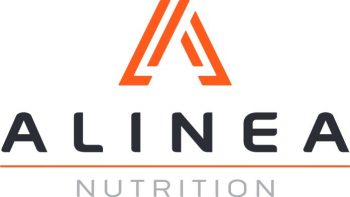*Geek Box: The Newcastle-Ottawa Scale
The Newcastle-Ottawa Scale (NOS) is a grading tool to assess the quality of non-randomised trials included in a meta-analysis. Observational studies of exposures may have small relative risks, but a large population attributable fraction (PAF): the PAF is the reduction in risk of disease across the whole population from changing an exposure. This potential population benefit means that it is important to have tools which can assess the quality of observational studies, to arrive at conclusions which may result in shifting the burden of disease in the population. The NOS uses three domains to assess the quality of cohort studies: selection of the cohorts (4 ‘stars’ maximum), comparability of the cohorts (2 ‘stars’ maximum) and assessment of outcome (3 ‘stars’ maximum). 9 stars is therefore the maximum available score for a given study. Selection considers the representativeness of the exposed and non-exposed groups, the ascertainment of the exposure (for example, dietary assessment method), and clear demonstration that the entire group was free of the outcome (i.e., disease) at the start of the study. Comparability assesses the design and analysis of the cohorts, specifically what variables the study controlled/adjusted for. Outcome considers the assessment of the outcome (i.e., medical records), the follow-up duration, and the numbers included in the follow-up. The NOS is a straightforward, convenient tool to assess the quality of prospective cohort studies included in a meta-analysis.
